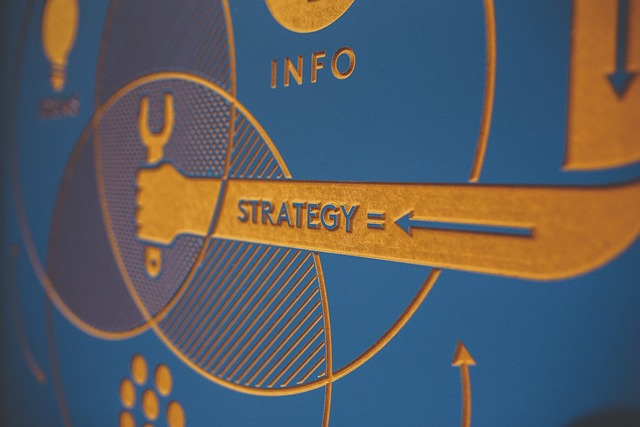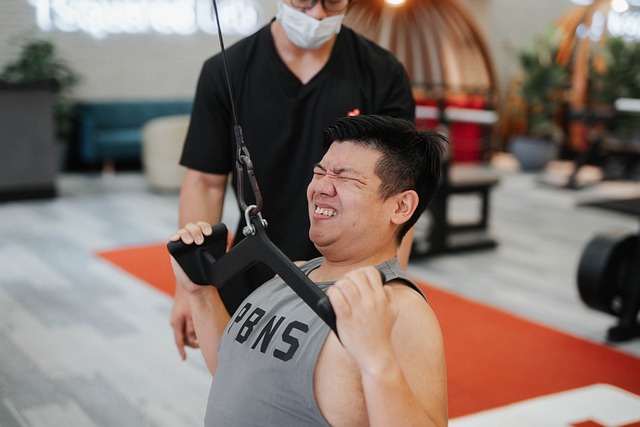Artificial intelligence (AI) is revolutionizing various industries, and fitness and health are no exception. With the growing emphasis on personalized fitness and health programs, AI provides tailored workout routines, nutrition plans, and real-time health monitoring. Whether you’re a fitness enthusiast, a healthcare provider, or a personal trainer, AI-based solutions can help you design programs that cater to individual needs, making them more effective and efficient. This guide explores the many ways AI can be used to offer a personalized approach to fitness and health, allowing individuals to reach their goals faster and more sustainably.
AI-powered Personalized Workout Plans
One of the most exciting ways AI is used in fitness is through personalized workout plans. Gone are the days when people followed generic routines that might not work for everyone. AI algorithms analyze a user’s body metrics, such as age, weight, and fitness level, to create a custom workout that fits their goals. Whether the aim is to lose weight, build muscle, or increase endurance, AI can generate a workout plan that adjusts in real time based on progress.
For example, fitness apps powered by AI often come with virtual personal trainers that provide feedback and modify routines based on your performance. If you’re not hitting your fitness targets, the AI can adjust the difficulty level or recommend changes in exercise types to better suit your physical condition. This constant optimization ensures you’re always on the right track to achieving your fitness goals.
Moreover, these AI-driven systems can track your recovery rate, adjusting your rest periods between sets or even your workout days. This level of personalization helps prevent injury and promotes a healthy approach to fitness, something that generic workout plans can’t offer.
AI-based Nutrition Recommendations
Personalized fitness isn’t just about workouts; nutrition plays a critical role. AI-driven solutions take personalization to the next level by analyzing dietary needs and making real-time recommendations. Many AI-powered fitness apps integrate with food-tracking platforms to provide detailed nutrition plans that complement your fitness routine.
These AI tools can assess your calorie intake, macro and micronutrient distribution, and even suggest foods based on your dietary preferences, allergies, and fitness goals. For instance, if you’re on a high-protein diet for muscle gain, the AI can recommend meals that not only align with your protein needs but also suit your taste preferences. Similarly, if you’re aiming for weight loss, the AI can suggest low-calorie meal options that keep you full while helping you stay within your daily caloric limits.
Furthermore, AI can provide nutritional insights that change as your fitness routine evolves. If you switch from strength training to cardio-focused exercises, your nutrition plan will automatically adapt, ensuring that your body gets the right nutrients for optimal performance and recovery.
AI in Health Monitoring and Fitness Tracking
AI is not only revolutionizing workout and nutrition planning but also how we monitor our health. Wearable devices like smartwatches, fitness bands, and even smart clothing equipped with AI can track a variety of health metrics such as heart rate, sleep quality, calorie burn, and physical activity levels. These devices offer real-time feedback, allowing users to make data-driven decisions about their fitness routines.
For example, AI-powered wearables can analyze your heart rate during exercise, telling you whether you’re in the fat-burning zone or if you’re overexerting yourself. Similarly, sleep tracking features use AI algorithms to monitor your sleep cycles, offering tips to improve rest and recovery, which are essential for any fitness plan.
AI in health monitoring also goes beyond fitness. Many devices now integrate health diagnostics features like blood oxygen level monitoring, which can alert users to potential health issues long before they become serious. This type of preventive health care allows individuals to take proactive steps toward maintaining their overall well-being.
AI-driven Fitness Motivation Tools
Staying motivated on your fitness journey is often a challenge, but AI is making it easier with innovative motivation tools. Many AI-powered fitness apps and platforms now incorporate gamification, turning workouts into enjoyable experiences. By setting challenges, giving rewards, and offering real-time feedback, these tools make the fitness process more engaging.
AI-driven systems can also adjust your fitness goals based on your mood or motivation levels. For instance, if you’re having a low-energy day, the AI might suggest a lighter workout to keep you moving without feeling overwhelmed. Conversely, if you’re feeling motivated, the AI can push you harder to capitalize on your energy levels, ensuring that no workout day goes to waste.
Moreover, these apps often use social features to keep you motivated. AI can analyze your performance compared to friends or a broader fitness community, giving you insights on how to improve or compete with others. The ability to track progress, receive constant feedback, and even gain recognition from virtual communities can significantly boost your motivation to stay on track.
AI for Real-time Fitness Feedback
Real-time feedback is one of the most significant advantages AI brings to personalized fitness programs. With AI-driven apps and wearables, users get instant feedback on their form, progress, and overall performance. For example, some apps use AI-powered motion sensors to analyze how you perform specific exercises, providing corrective advice if your form is off.
In addition to form correction, AI can also offer feedback on workout intensity, helping you optimize your routine for maximum efficiency. This real-time feedback loop ensures that every exercise is performed correctly, minimizing the risk of injury and maximizing results.
Furthermore, AI can track subtle changes in your performance over time, such as improvements in strength, endurance, or flexibility. Based on this data, the AI can adjust your future workouts to challenge you appropriately, ensuring that you’re always progressing toward your fitness goals.
AI for Preventive Health Care
AI is not only enhancing fitness programs but also playing a vital role in preventive health care. By analyzing data from various health metrics such as heart rate, blood pressure, and sleep patterns, AI can predict potential health risks before they become significant issues. For instance, if your wearable device detects abnormal heart patterns, the AI can alert you to consult a doctor before it leads to serious complications.
In the context of fitness, AI can identify trends in your physical activity and recovery, offering suggestions to avoid overtraining, which could lead to injury. For those managing chronic conditions like diabetes or hypertension, AI can provide personalized fitness and health advice that aligns with medical needs, promoting both fitness and long-term health.
AI for Post-Workout Recovery Insights
Post-workout recovery is as important as the workout itself, and AI is transforming the way recovery is managed. With the help of wearables and fitness apps, AI can monitor your recovery rate and suggest the best recovery practices for your body. This includes recommendations on rest periods, stretching routines, and even sleep quality, all of which contribute to better overall fitness.
For instance, if the AI detects elevated stress levels post-workout, it might recommend extra recovery time or a session of light stretching to help your muscles relax. It can also track your hydration levels and suggest the optimal water intake for faster recovery, preventing fatigue and promoting muscle repair.
By providing personalized insights into your recovery process, AI ensures that you’re not only working out efficiently but also recovering optimally, leading to improved performance in future sessions.
Conclusion
AI is transforming the fitness and health industries by offering highly personalized workout and health programs. From tailored workout plans and real-time feedback to advanced nutrition recommendations and health monitoring, AI ensures a more efficient, enjoyable, and sustainable fitness journey. By leveraging AI-driven solutions, individuals can not only achieve their fitness goals faster but also maintain long-term health.






